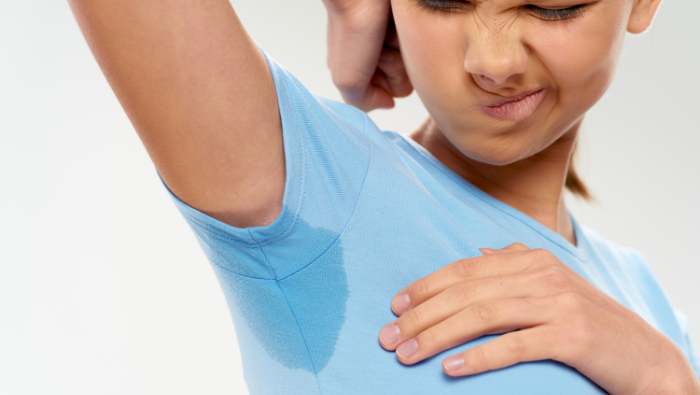Can Exposure to Other People’s Sweat Help Reduce Social Anxiety?
Social anxiety is a common mental health condition affecting millions worldwide.
It is characterized by an intense fear of social situations and can cause significant distress and impairment in daily life.
Exposure to Other People’s Sweat for Social Anxiety
While several treatment options are available for social anxiety, researchers are constantly exploring new and innovative ways to manage this condition.
One study suggests that exposure to other people’s sweat may help reduce social anxiety. In this article, we will explore the findings of this study and the implications of its results.
What is Social Anxiety?
Before delving into the study’s findings, it is essential to understand social anxiety.
Social Anxiety Symptoms and Treatment Options
Social anxiety, also known as social phobia, is a mental health condition characterized by an excessive and persistent fear of social situations.
People with social anxiety experience intense anxiety and distress when faced with cases that involve social interaction, such as public speaking, meeting new people, or attending social events.
Some common symptoms of social anxiety include:
- Intense fear of embarrassment or humiliation in social situations
- Avoidance of social situations or significant distress when forced to confront them
- Physical symptoms such as trembling, sweating, or blushing in social situations
- Persistent worry and rumination about past social interactions or future events
University of British Columbia Study on Social Anxiety and Sweat Exposure
The Study
The study by researchers at the University of British Columbia examined the effects of exposure to other people’s sweat on social anxiety.
The researchers recruited 56 participants with moderate to severe social anxiety and randomly assigned them to one of two groups.
One group received a placebo spray, while the other group received a spray containing synthetic sweat.
Participants were asked to attend a social situation, or a job interview simulation and rate their anxiety levels before and after using the spray.
The researchers also measured the participant’s physiological responses, such as heart rate and skin conductance.
The results of the study showed that participants who received the spray containing synthetic sweat reported significantly lower levels of social anxiety and displayed fewer physiological symptoms of anxiety compared to those who received the placebo spray.
The researchers concluded that exposure to other people’s sweat might have a calming effect on social anxiety.
Implications of the Study
While the findings of this study are intriguing, it is essential to note that they are still preliminary.
The study’s sample size was relatively small, and further research is needed to confirm the results.
The study did not examine the long-term effects of exposure to other people’s sweat on social anxiety.
However, the study’s findings suggest that exposure to other people’s sweat may be a novel and potentially effective treatment option for social anxiety.
Pheromones and Social Communication in Sweat
Sweat contains pheromones, chemicals that play a role in social communication and can affect mood and behavior.
Exposure to these chemicals may help reduce anxiety levels in people with social anxiety.
Other Treatment Options for Social Anxiety
Cognitive-Behavioral Therapy (CBT) for Social Anxiety
While exposure to other people’s sweat may be a promising treatment option for social anxiety, several other evidence-based treatments are available.
Innovative Ways to Manage Social Anxiety
These include:
- Cognitive-behavioral therapy (CBT): CBT is a talk therapy that focuses on changing negative thought patterns and behaviors contributing to social anxiety.
- Medication: Certain medications, such as selective serotonin reuptake inhibitors (SSRIs), can help reduce symptoms of social anxiety.
- Mindfulness-based interventions: Mindfulness-based interventions, such as mindfulness-based stress reduction (MBSR), can help reduce anxiety and stress levels.
- Speaking with a mental health professional about the best treatment options for your specific needs is essential.
Conclusion
In conclusion, social anxiety is a challenging mental health condition that can significantly impact daily life.
While several treatment options are available, researchers are constantly exploring new and innovative ways to manage this condition.
The study by researchers at the University of British Columbia provides intriguing evidence that exposure to other people’s sweat may have a calming effect on social anxiety.
However, further research is needed to confirm these findings and examine the long-term effects of this treatment option.
Speaking with a mental health professional is crucial to determine the best treatment options for individual needs.
You may also enjoy…
How Does Lemon Balm Tea Work For Anxiety?
Keto and Depression: What You Need to Know?








